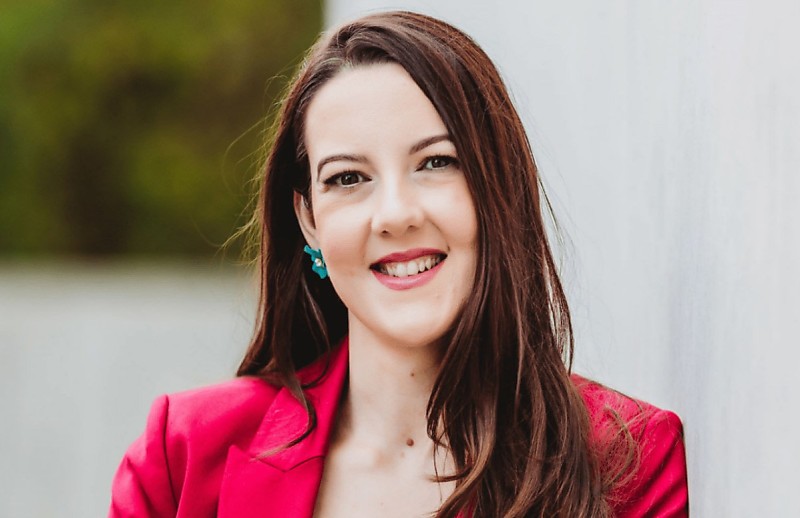The stress of rising living costs and the EOFY has seen employees and small business leaders (SBLs) look to organise themselves for the upcoming financial year.
You’re out of free articles for this month
Officeworks revealed that 90 per cent of Australians had planned to complete their tax return – a jump from 83 per cent last year and 75 per cent in 2021.
However, the company’s research also revealed 29 per cent said they would look to save money by opting out of paid tax advice and conducting their returns themselves, while 27 per cent said they would seek out free tax advice.
It found younger generations were more likely to do their own returns: 41 per cent of Gen Z, 35 per cent of Millennials, 31 per cent of Gen X, and only 16 per cent of Baby Boomers.
Despite an increase in younger generations completing their tax returns 46 per cent of respondents in Officeworks’s research said they were unsure what they could claim on their return, with many stating they had previously forgotten to claim office-related purchases.
Officeworks general manager of merchandise Jim Berndelis said the rising costs of living and upcoming EOFY had placed increased stress on Australians.
“It’s no surprise that Australians are looking for smarter ways to spend and save this EOFY and at Officeworks, we understand the pressure associated with the rising cost of living and the related impacts on small business,” said Mr Berndelis.
“Whether it’s upgrading home office furniture, investing in new tech, or stocking up on stationery essentials, we know our customers will be looking to make the most of EOFY, their tax returns, and their workspace.”
Officeworks’ research also revealed some riskier tax return claims some were considering with 13 per cent of respondents wanting takeaway coffee to be tax deductible and 24 per cent wanting toilet paper claims to be allowed due to the increased popularity of working from home.
The research found SBLs were also impacted by the growing financial stress and despite 16 per cent of SBLs having declared they felt more confident than usual about their tax return, 14 per cent said they were unsure about what they could claim and 62 per cent said they found the entire process confusing.
The tougher economic conditions and thinner margins due to factors such as inflation, interest rates and the tighter labour market left 23 per cent of respondents stating their business had struggled over the financial year and were not looking forward to EOFY, up from 17 per cent previously.
Financial expert and founder of Women of Cents, Natasha Janssens, said despite the many concerns SBLs may hold at tax time, they must not put off or delay completing their commitments.
“Tax time can be a source of stress, anxiety and overwhelm for many. But if we let our fear cause us to disengage from the detail of the process, we are potentially leaving money on the table,” said Ms Janssens.
“While we’re trying to find ways to deal with rising cost of living pressures, it is important to remember that managing your tax return effectively can help to support your cashflow. The less tax you pay, the more money you have to reinvest in your business or put towards household bills.”
Almost three-quarters (72 per cent) of SBLs said they were worried about the impact cost of living was having on business growth and stability with only 17 per cent confident about how their business was tracking, down from 20 per cent last year.
There is some hope though, as 59 per cent said they believed their business was in a position to perform well in the coming financial year.
To combat the rising cost of living and economic challenges nearly half (46 per cent) of Australian SBLs said they would prioritise business growth as a way to address it.

 Login
Login






